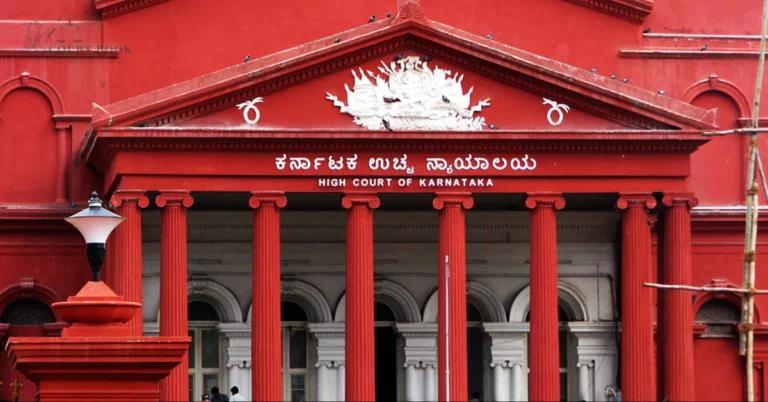In a significant judgment, the Karnataka High Court ruled that Nirmiti Kendra qualifies as a public authority under Section 2(h) of the Right to Information (RTI) Act, 2005. The court dismissed a writ petition filed by Nirmiti Kendra, which sought to quash an order by the State Information Commission directing the disclosure of information under the RTI Act.
Background of the Case
Nirmiti Kendra, a society registered under the Karnataka Societies Registration Act, 1960, contended that it was a private entity not financed or controlled by the government. However, the respondents, including the State Information Commissioner and Bharat Krishika Samaj, argued that Nirmiti Kendra was substantially funded and controlled by the government, making it a public authority under the RTI Act.
Key Arguments
Government Control:
The court noted that Nirmiti Kendra was established through a Government Order (dated 09.11.1988) under the Rural Development and Panchayat Raj Department. Its governing body included high-ranking government officials like the Chief Secretary, Deputy Commissioner, and engineers from Zilla Panchayats, indicating deep governmental involvement.
Read also:- Delhi High Court Quashes Order for Not Granting Hearing Under BNSS in PMLA Case Against Lakshay Vij
Substantial Funding:
The funds for Nirmiti Kendra were sourced from HUDCO (Housing and Urban Development Corporation), a government entity, and other state grants. The court observed that the Kendra’s operations relied heavily on public money, fulfilling the criterion of "substantial financing" under Section 2(h)(ii) of the RTI Act.
Judicial Precedent:
The respondents cited the Supreme Court’s judgment in D.A.V College Trust vs. Director of Public Instructions (2019), which clarified that bodies "controlled or substantially financed" by the government fall under the RTI Act, even without a specific notification.
Court’s Observation:
"The Nirmiti Kendra is under the complete control of government servants, and its funding comes from public sources. Attempts to avoid transparency are unacceptable."
Justice Suraj Govindaraj held that Nirmiti Kendra is a public authority due to:
- Government control through its administrative structure.
- Substantial funding from HUDCO and state grants.
- Execution of public works on behalf of the government.
Read also:- Delhi High Court Grants Furlough to Petitioner Despite Previous Offense Allegations
The court dismissed the petition and imposed a cost of Rs. 50,000 on Nirmiti Kendra for attempting to evade transparency obligations.
This ruling reinforces the RTI Act’s objective of ensuring transparency in bodies that use public funds or perform government functions. It sets a precedent for similar entities claiming exemption from RTI scrutiny.
The judgment underscores that any organization substantially financed or controlled by the government must comply with RTI disclosures, promoting accountability in public operations.
Case Title: PIO & The Project Director, Nirmiti Kendra vs. The State Information Commissioner & Others
Case No.: WP No. 52581 of 2017 (GM-RES)















